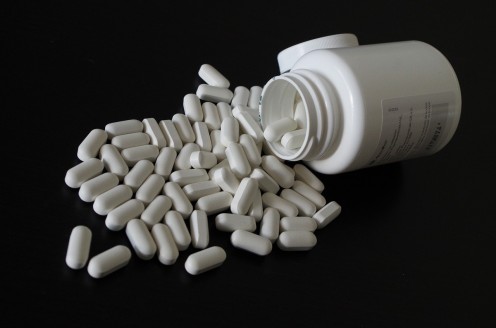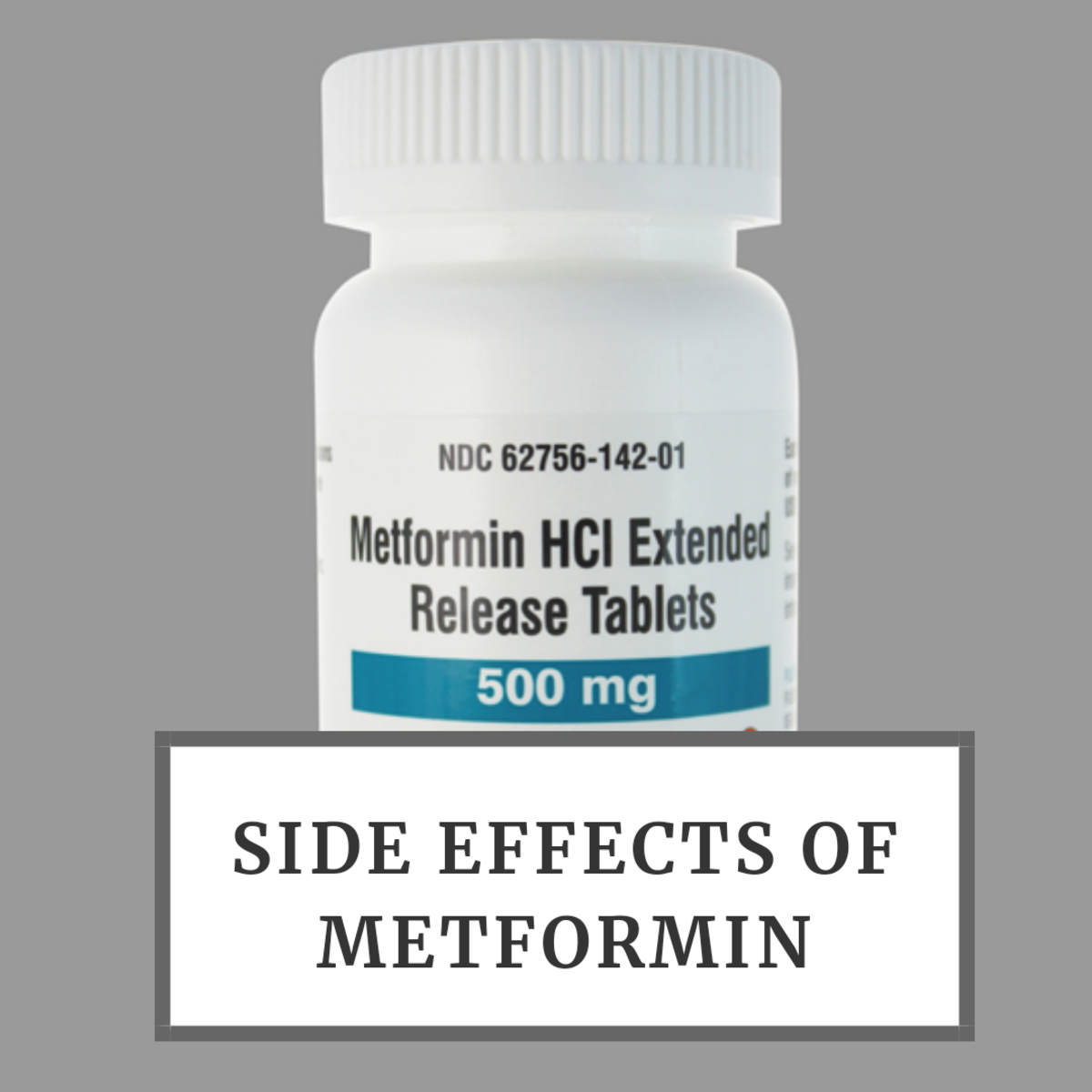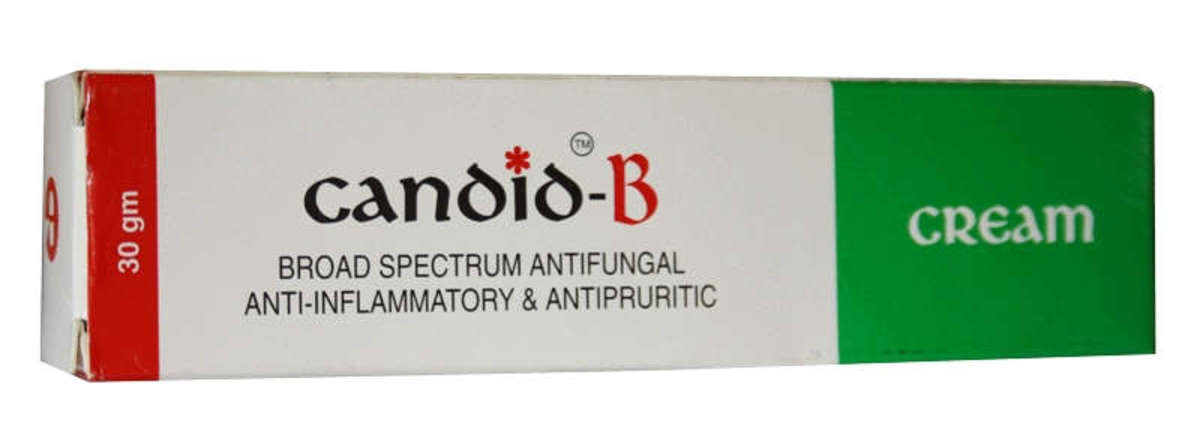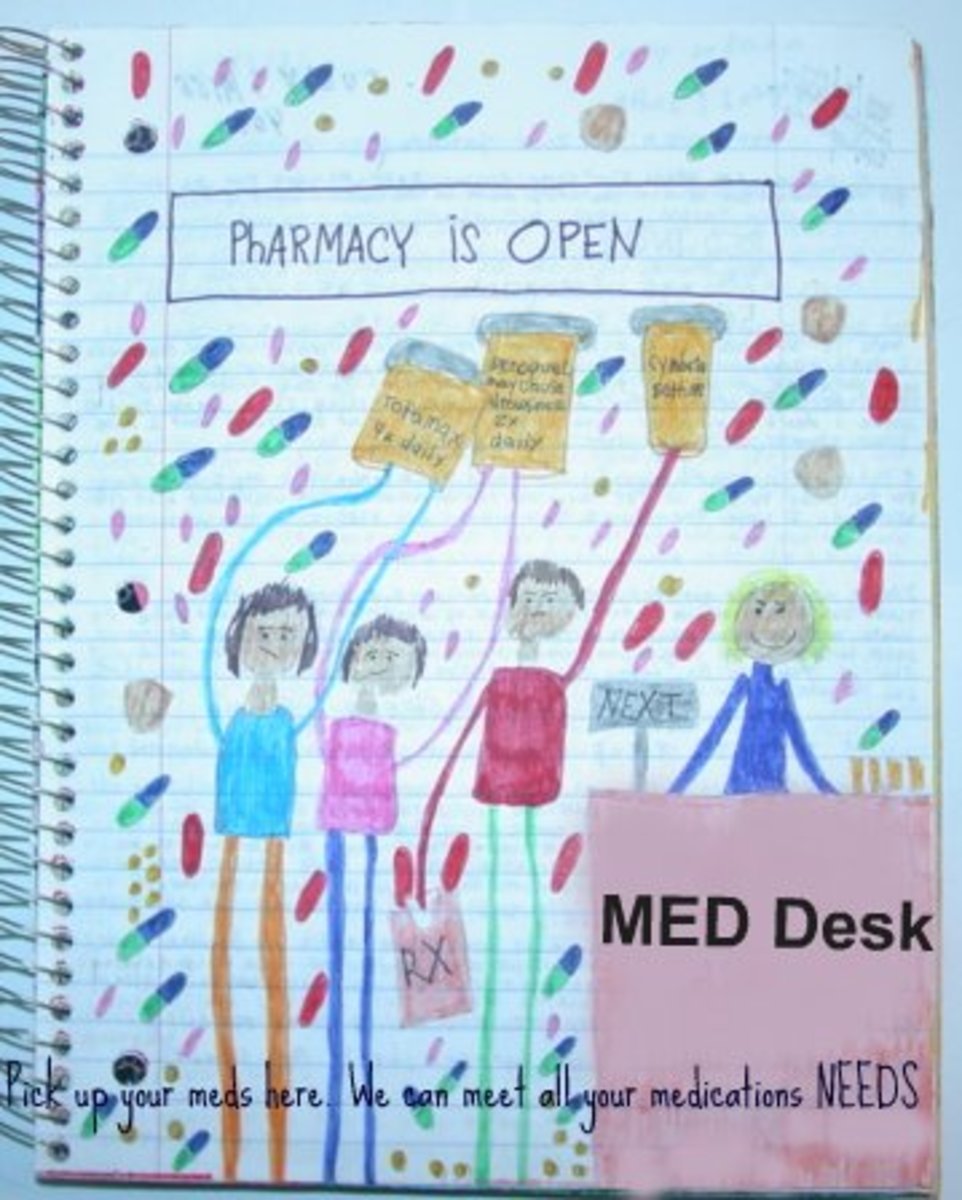- HubPages»
- Health»
- Health Care, Drugs & Insurance»
- Prescription & Over-the-Counter Drugs
Lowering Cholesterol: the Side Effects of "Statins"
Statins Are a Widely Prescribed Class of Drugs
The most commonly prescribed use of these drugs is to treat high cholesterol. Known by many names, some of which are Zocor™, Crestor™ and Lipitor™.
There are many more, but those three are probably the ones about which you hear the most because they are so heavily advertised on TV and in print media.

What Is the Harm?
Too many people blindly and trustingly believe, "If my doctor prescribed it, it must be safe and will help me get well." Sadly, that is not always true.
There are hundreds of thousands of assorted drugs and treatments, and doctors are hard-pressed to keep up with them all, along with all the other things they must continually study to keep their licenses current.
All too often, the doctors' knowledge is limited to the brochures and slick sales pitches produced by the large pharmaceutical manufacturing corporations. The doctors themselves are believing, just as blindly as their patents, that surely, if the drug has passed the testing stage and been approved for marketing, that it is safe.
From a Medical Doctor:
- Study Reveals Statins Not Very Effective or Safe
Are you taking a statin drug? Be aware of recent studies that show these drugs are not very effective or safe for your health.
Don't Believe All The Advertising!
The next time you see an ad on TV for some drug--any drug--listen very carefully to all the disclaimers about possible harm in the form of side effects. The list differs from drug to drug, but it is there on each and every ad, required by law.
The drug companies don't like this--you'll also notice the disclaimer is spoken quite rapidly, in a low-toned, bland voice, often at just a tad less volume than the background music for the ad, while distracting visuals of happy, healthy people play on. They don't really want you to hear or pay attention to this long list of possible side effects.
These side effects can run the gamut from runny noses to death. And that last, my friends, is nothing to sneeze at. When I hear them rattling off that list, my personal reaction, (should I ever develop the problem the drug is intended to treat), is, "Never mind--I'll just keep the original problem."
This article shows what harm statins can really cause, including how "Big Pharma" cheats on its studies, by manipulating statistics in their favor.
Where Does Cholesterol Come From?
Cholesterol comes from two main sources: the body manufactures what it needs on its own in the liver (a certain amount is needed). The body needs this compound for several functions, including producing hormones, brain function, and dissolving fats from the bloodstream by means of bile acids, and maintaining cell membranes.
The rest comes from our diets. Only foods of animal origin contain cholesterol. This includes all meats, (Yes, Virginia, all poultry counts as meat), fish, including and especially shellfish, eggs and dairy products.
This means that lacto-ovo vegetarians do consume at least some cholesterol, depending upon how much dairy and eggs they consume. Vegans do not take in any cholesterol in their diets. Since the body is able to make all it needs, there is no need to supplement cholesterol via the diet: hence all the problems we find with "too much of a good thing" when we visit the doctor.
By now we've all become familiar with the differences: HDL and LDL types; HDL being the 'good' kind, and LDL being the 'bad' kind. This is easily remembered by thinking of the "L" at the beginning of LDL as standing for "lazy."
Now, What's Wrong With Those Statins?
I hate to disillusion you about your physician's competence, but the sad truth is, the vast majority of teaching universities and their affiliated hospitals are funded at least in part, and sometimes heavily, by the drug-pushing "Big Pharma" corporations.
The unfortunate result is that doctors are indoctrinated (dare I say, brainwashed?) into a culture of pushing drugs at problems instead of trying to actually fix the underlying condition with holistic methods, such as diet and exercise.

The ads discussed earlier, (as applied specifically to the statins), usually include somewhere in that long list of disclaimers a statement along the lines of, "...in combination with proper diet and exercise...."
In truth, proper diet and exercise alone are probably more responsible for treating the condition of a too-high cholesterol reading than the drug, if the patient actually changes their diet and commits to exercise.
Just as guilty as the doctors are their patients, who have grown lazy, and instead of exercising and eating right would rather continue to eat junk and be couch potatoes, washing down their bad habits with a handy pill in the hopes that it will absolve them of the effects of their lifestyles.
Sorry, it doesn't work that way. That list of side effects is horrific; and I find the warning that you need to go for "...frequent blood tests to check your liver function.." to be a very scary thing indeed! In other words, these drugs can harm and even shut down the very organ responsible for making and controlling your cholesterol.
They are pushing a drug to fix a problem that the body itself can fix, given cooperation by the inhabitant of said body, and that drug is capable of destroying the body's ability to perform a particular function, so that we will remain forever dependent upon said drug. Talk about job security!
The pharmaceutical industry does not create cures; it creates customers.
— Anon.Partial List of Side Effects of Statins
muscle soreness
| fatigue
| type 2 diabetes
|
|---|---|---|
liver damage
| rashes
| increased blood sugar
|
nausea
| constipation
| diarrhea
|
neurological side effects
| drowsiness
| cognitive/memory impairment
|
Buried Side Effects
These are the truly frightening ones--the ones they'd rather you not know about, or consider. Every time you are given a prescription medication these days, you are handed a sheaf of papers explaining "everything" about that medication: what it is used for, how, why and when to take it, it's trade name as well as its generic name, and that long, long list of side effects.
Now, to be fair, the length of that list is to some extent the fault of the litigious society we have become, with lawyers ever at the ready to sue the pants off anyone perceived to have caused a problem, however small. A small minority of the effects on those lists are required to be there by law, because it might have happened a single time during test trials.
Nonetheless, if it happened even once, it still happened, and you must be advised. The next thing to note, however, is that the list is incomplete, and says so. It refers you for 'further information' to read the pamphlet that came with the medicine. However, that is not given to you--it is behind the counter, for it came with the bulk supply to the pharmacy.
You need to be pro-active, and do your own research. Luckily, in this day of the Internet, that is relatively easy to do. Just be sure to check your sources, and don't believe everything from the first link the search engine hands you.
Especially be wary of any studies by drug companies themselves. Very few such studies have been done by a third party, using independent laboratories for testing. No, the drug companies either do their own testing in house, or pay a testing agency to do a study that will put their product in a good light.
Remember to follow the money trail when evaluating a study's veracity.

I Speak From Second-Hand Experience
My husband was prescribed some of these drugs after undergoing a coronary bypass graft back in 2001. At first, everything seemed fine, but as they kept him on these drugs for a period of about 4 years, we began to notice increasing problems with his memory. (That comes under the "cognitive/memory" issues listed in the table above.)
In fact, he was taking a scary preview-trip down Alzheimer's Lane! Remember, Alzheimer's Disease is about losing cognitive function, and it is progressive. It is not about forgetting your keys, or managing to lock yourself out of the house. It is, rather, things like forgetting what your keys are for--as in not remembering their function, not simply forgetting which key opens which lock--although that could be a precursor.

The Effects are Cumulative
You hear stories of people wandering out the door and being found a mile or two from where they live with no idea why or how they got there, or even knowing where they are. That is Alzheimer's Disease, and my husband was beginning to see some of those warning signs. He'd go down the hall, and not know why he was there.
Right away, I tackled the papers from the pharmacy, and sure enough, right near the end of the list, far past where the doctor probably bothers to read, there it was: "memory impairment" as a possible side effect. I then hit the Internet, and found further evidence to support that. We mentioned it to his doctor, who brushed it off, as if disbelieving it, but we convinced him to change hubby to a different medication, (though it was still a statin)!
Things did not improve, and in fact, began to get worse. We again confronted the doctor, and this time, I was armed with my research papers, the relevant points marked with yellow highlighter pen. I shoved them under his nose, and said, "See: it says right here...!" The doctor then finally took him off the statins, and gave him a different medication.
The effects, according to the paperwork (I call them "scare sheets"), are supposedly temporary, and should reverse themselves once the medication is stopped. Unfortunately, he was on them for too long a time before we convinced the doctors, and there was some reversal, but his memory for some things is still impaired some 10 years later.
He's regained his ability to know where he's going and why, but he constantly asks me things such as, "When is my appointment?" When I've already told him 5 times in 2 days. As a person who in his younger days held a genius-level IQ, and had a photographic memory, you can imagine his frustration at this state of affairs.
How Do You Know It's a Statin?
First, ask your doctor. Then, ask if there is something else that will work as well or better, and with fewer side effects. If you didn't ask, or he didn't tell you, check the label. I won't say "all" of them, but a many of them clue you in with the letter combination of, "or" at the end of their name; Zocor,™ Lipitor,™ Crestor™, etc.
Has It Happened To You Or Your Loved Ones?
Have you, or anyone you know, been adversely affected by Statins?
Disclaimer:
Please note that I am not a doctor, nor am I employed anywhere in the health care field.
The statements I've made here are based upon my own experiences with my husband, my own research, and are not intended as medical advice for anyone else.
Always discuss your health conditions with your own doctor or other health care practitioner, as everyone is different, and treatments must be tailored to the individual.
© 2012 Liz Elias








